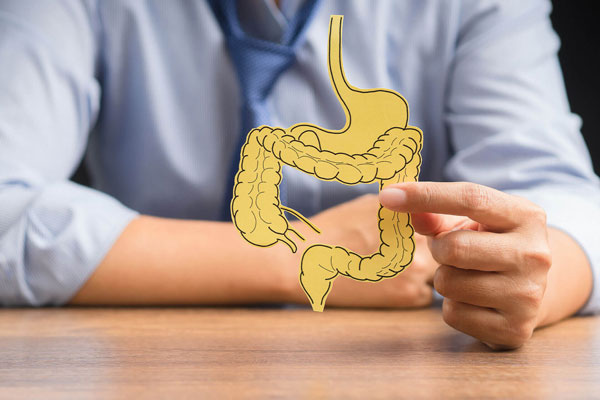Get Ready for Fall!
Fall is about to arrive. As you’re preparing for the crisp air, beautiful foliage, and fun activities that go along with the season, don’t forget to schedule your preventative exams. Protect your health so you can enjoy many more autumn days to come.
What is a Colonoscopy?
Every year, there are around 150,000 new cases of colorectal cancer, the third leading cause of death globally.
Routine colonoscopies, a procedure in which the lining of the large intestine is examined in order to screen for colorectal cancer, could help save up to 30,000 lives per year.
Colonoscopies are recommended for anyone over the age of 50 or earlier if they are considered high risk due to factors like age, a family history of colorectal cancer or other inherited syndromes, and lifestyle factors such as obesity, smoking, or heavy alcohol use.
What to expect during a colonoscopy
Before they go for a colonoscopy, patients will be required to restrict their diet and take a laxative that will help clear out their colon. During the 45-minute procedure, a flexible tube known as a colonoscope is inserted through the anus to the rectum and colon which provides video footage. A doctor uses this footage to look for any abnormalities such as polyps or other abnormal tissue and search for any potential causes of abdominal pain, rectal bleeding, chronic diarrhea, and constipation if necessary. If the doctor doesn’t see anything to be concerned about, the colonoscopy is considered negative. However, if they find two or more polyps or other abnormal tissue, the doctor may request another colonoscopy or a biopsy.
What to expect after the procedure
Patients are normally sedated during a colonoscopy and they will be monitored as the sedatives begin to wear off. As a result of the sedation, it is necessary for someone to escort the patient home. Some people may experience feeling bloated or gassy due to air entering the colon during the procedure but this should be resolved rather quickly.
Patient Education

What is colorectal cancer?
Also known as colon cancer, colorectal cancer affects the large intestine, the last part of the digestive tract. The colon is responsible for absorbing water and salt that has traveled through the small intestine. Colon cancer normally begins as a growth on the lining of the colon. Known as polyps, these can start as being noncancerous and then become cancerous so it is imperative to have them removed as soon as they are discovered. If caught early on, this involves a minimally invasive laparoscopic procedure.
Like other forms of cancer, colon cancer takes place in stages. The lowest stages are limited to the colon lining while stage four is cancer that has spread to other parts of the body. There are many different treatments available such as surgery, radiation, chemotherapy, targeted therapy, and immunotherapy based on how advanced the cancer is which highlights the importance of getting screened regularly. If the cancer is discovered while it is in advanced stages, treatment may also include a partial colostomy or lymph node removal.
When colon cancer is caught early, survival rates are significantly higher and treatment plans are less invasive. If you are over 50 or believe that you may be at high risk for colon cancer, give us a call and one of our specialists will be happy to see you.
Office Updates

GSG is back in the local area!
We have opened our temporary clinic right next door to the WorkOut Club in Londonderry for convenient care to our local area patients.
The address is 18 Orchard View Drive, Londonderry, NH. We are adjacent to the Shaw’s Plaza just after the AMC Movie Theater.
We want to thank all of our wonderful patients for bearing with us as we continue to rebuild after the fire that destroyed our home office. Your kindness, well-wishes, thoughts, and prayers were welcome and appreciated more than you know.

